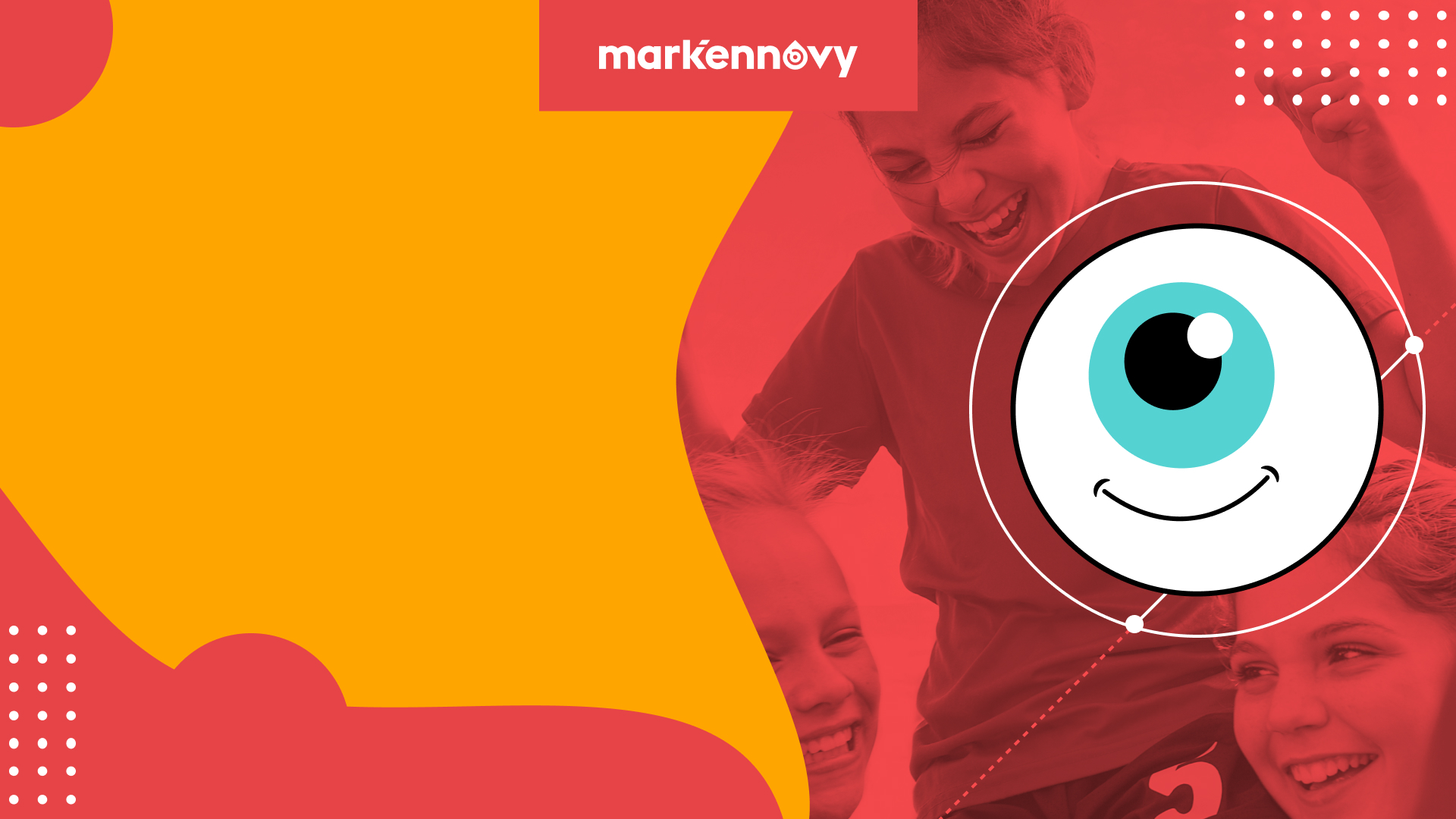MYLO: Frequently Asked Questions on Myopia

As a fairly new topic on the table, we need to gain confidence talking to patients and parents and solving their doubts. From Mark’ennovy, we would like to guide you and provide some answers to their frequently asked questions on myopia.
What is myopia?
Myopia is the medical term for short-sightedness. It happens when light comes to focus in front of the retina. In this condition, the eyeball is too long or too powerful, resulting in blurred far vision. Vision for close objects is clear within a certain range.
Why does myopia occur?
Myopia is multifactorial in aetiology (origin), resulting from the interaction of environmental and genetic risk factors.
How will the patient’s lifestyle be affected by myopia?
Most individuals adapt well to wearing glasses or contact lenses. For those individuals who feel glasses affect their image or interfere with their activities, contact lenses, orthokeratology or refractive surgery may better meet their lifestyle and vision needs. Severely short-sighted individuals may find the condition limits their choice of occupations.
Can progressive myopia start later, in adolescence or adulthood?
There is evidence that indicates that myopia can appear and/or progress in adolescence and young adulthood, especially in those exposed to intense academic environments. At this stage, it is not understood if the progression rate is different to that seen in children.
Is progressive myopia always ‘progressive’?
Evidence indicates that even high levels of myopia tend to stabilise in most eyes over a period. At this stage it is not clear as to when this endpoint for stabilisation may be for each individual.
When is progressive myopia expected to stabilise?
We tend to think that myopia progression ends when people reach adult age, and this generally coincides with when people stop physically growing. That’s why traditionally we say myopia is more likely to progress until university age, but we are seeing myopia progress into the 30s for some people.
Is an operated eye still myopic?
If, once the patient is stable and has enough age, the patient undergoes a refractive surgery, it is important to remember that the rest of the eye’s structures remain myopic. That’s why the retina might still suffer a retinal detachment or a myopic macular degeneration, why glaucoma is still a possibility or why cataracts might as well appear before the usual age.
Do myopic patients have to wear glasses or contact lenses forever?
Normally yes, although they might have surgery to remove them when they are older.
This is just the beginning of a series of blog posts on frequently asked questions on myopia, myopia management, soft contact lenses and MYLO. Stay tuned!
MYLO: A winning strategy for myopia management
MYLO is a soft contact lens for myopia management:
- Produced with our proven Silicone Hydrogel material
- Granted CE marking for myopia management in 2019
- Up to -8.00 cylinders and axes in 1º steps
Fit MYLO, an on-label silicone hydrogel soft contact lens for myopia management, now available in a complete range of spheres, cylinders and axes.
Contact our dedicated technical support team for more information:
0800 328 0610 (Monday to Friday, 8.30am – 5.30pm)
We are committed to helping you ensure the best possible contact lens-wearing experience for your patients.
About Mark’ennovy
Mark’ennovy is dedicated to innovation and a forward-thinking approach towards contact lens products, fitting and support. Our product portfolio is one of the most extensive available with an unrivalled combination of materials, parameters, and geometries, catering exclusively to eye care professionals.
Are you a contact lens user and would like to know more about Mark’ennovy?
Soft contact lenses are a medical device. This is why we exclusively sell through practitioners. Please see your trusted eye care professional for more information.
22
May 2023







 Academy
Academy
Leave a Reply